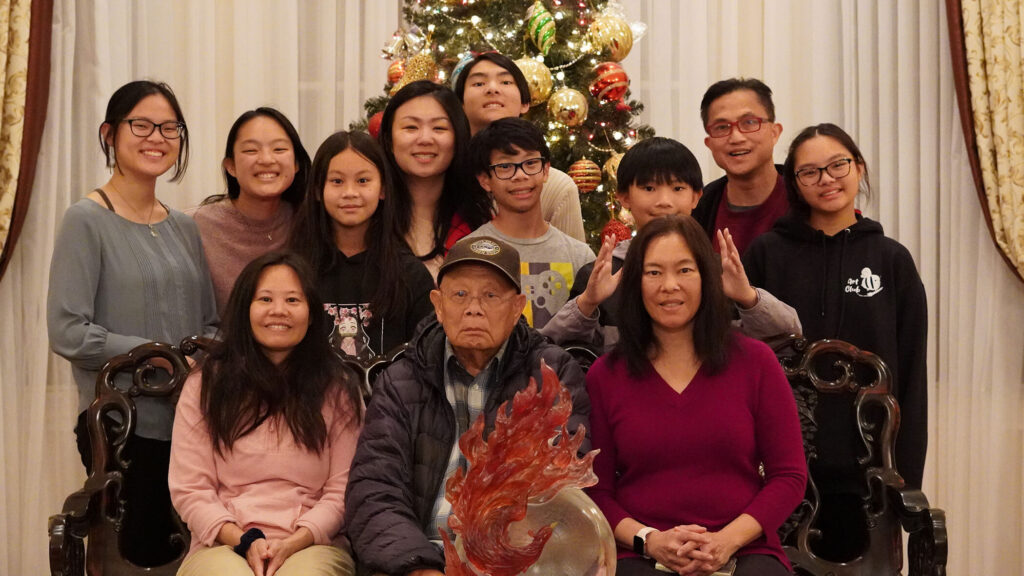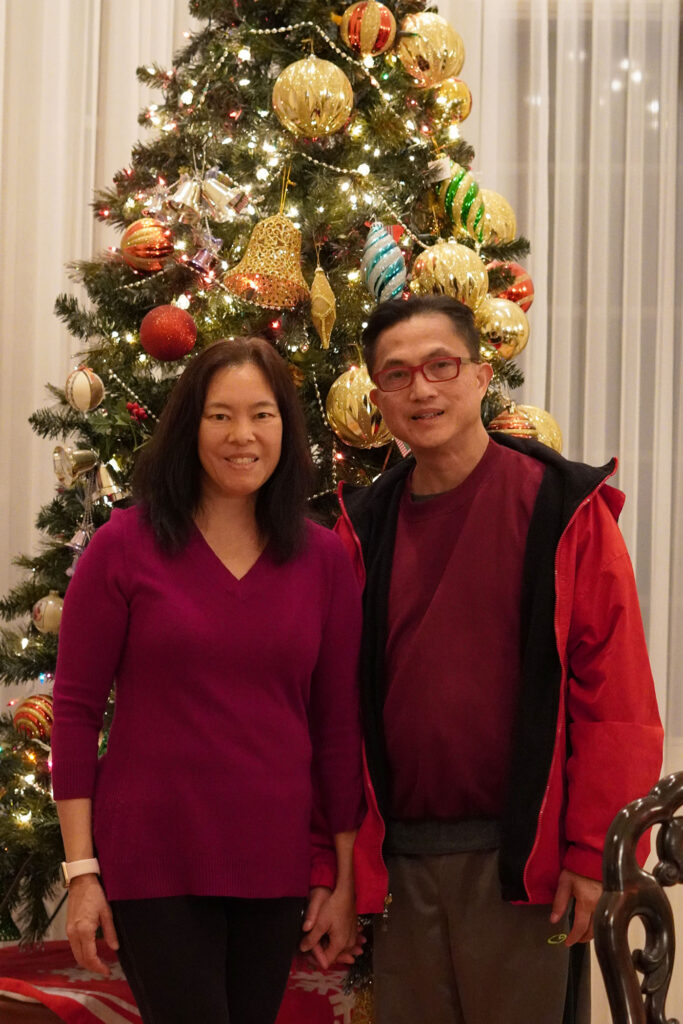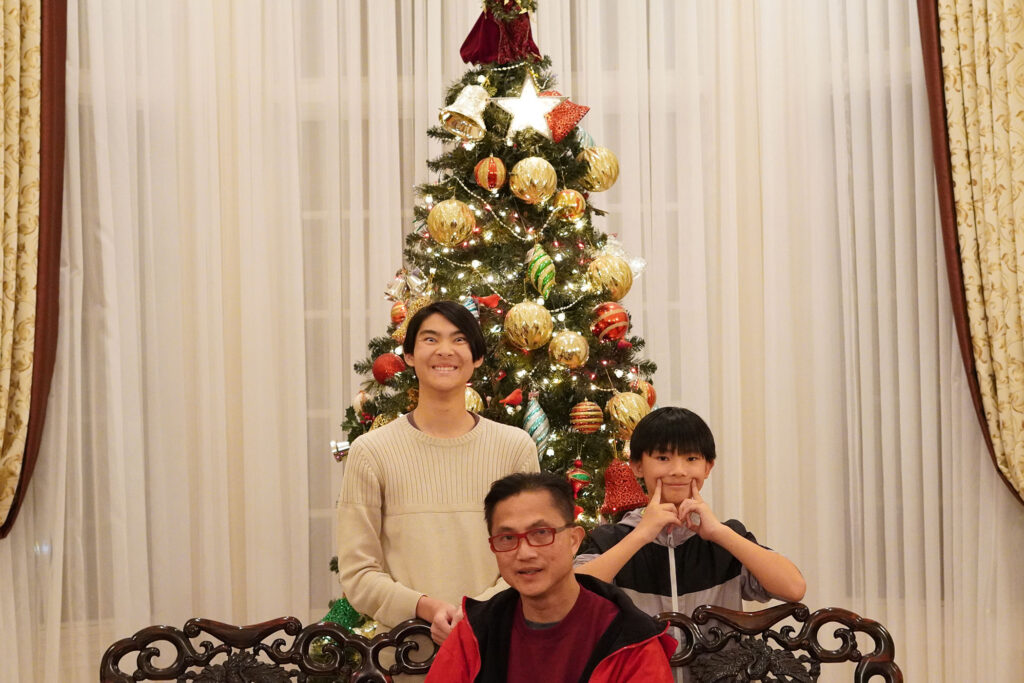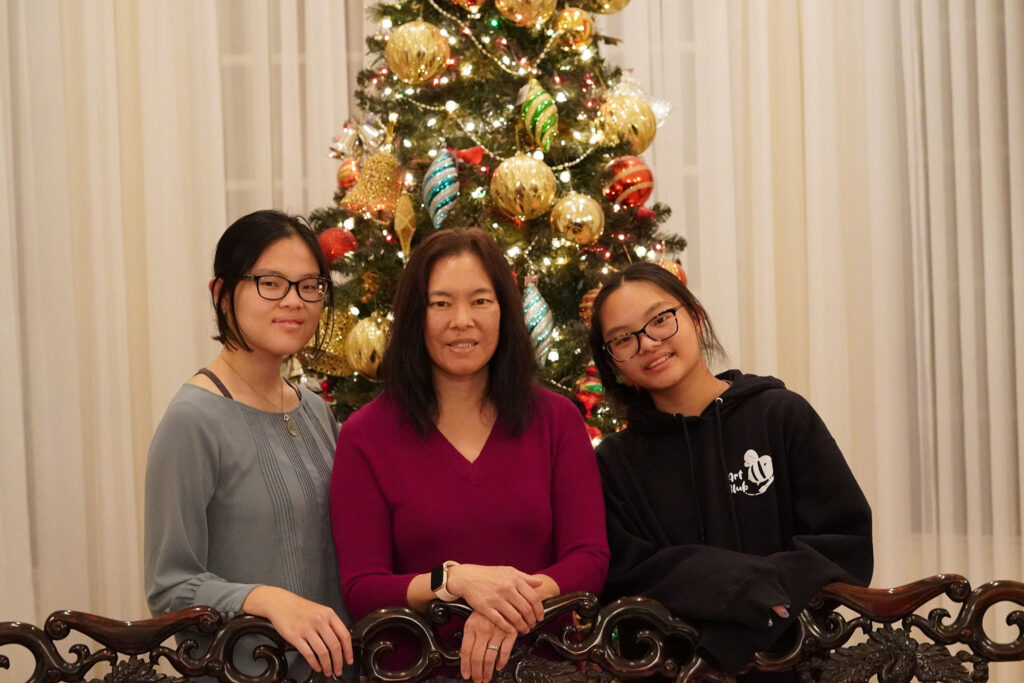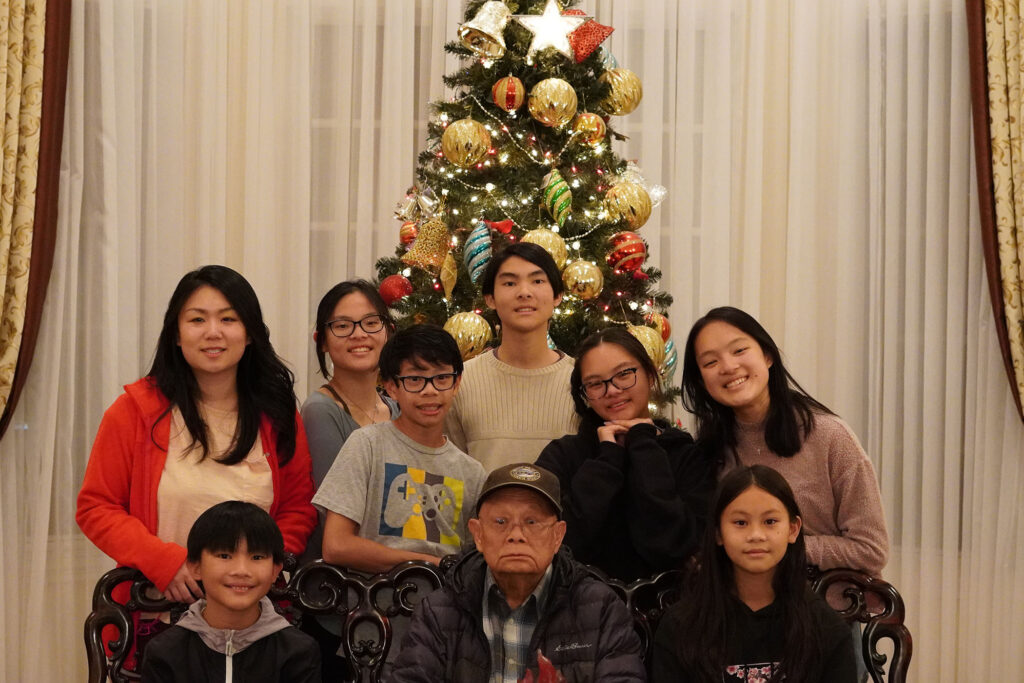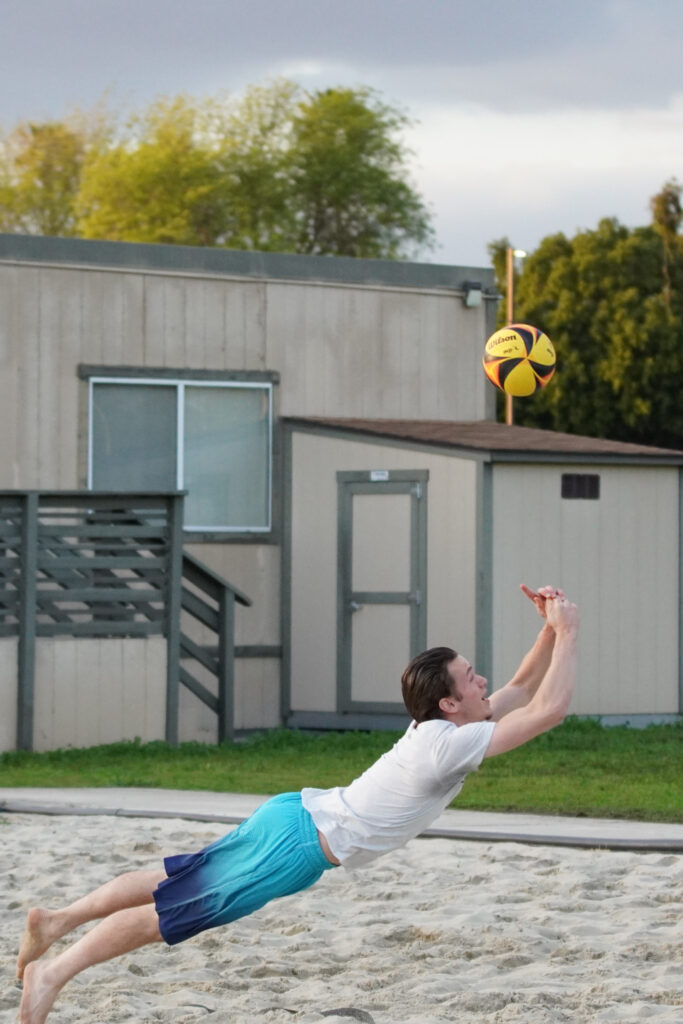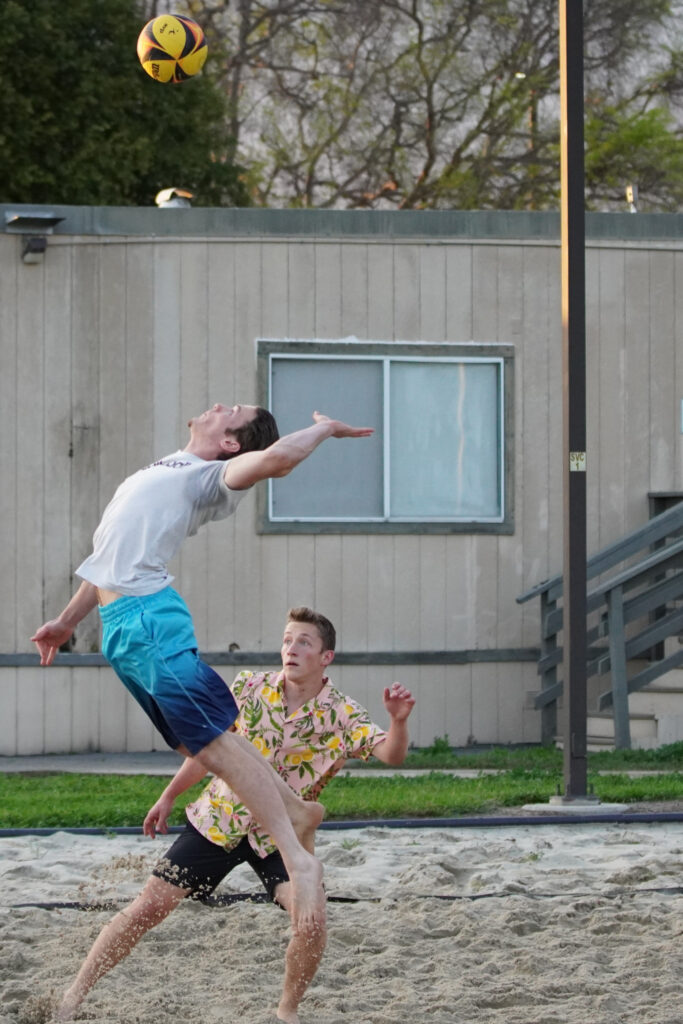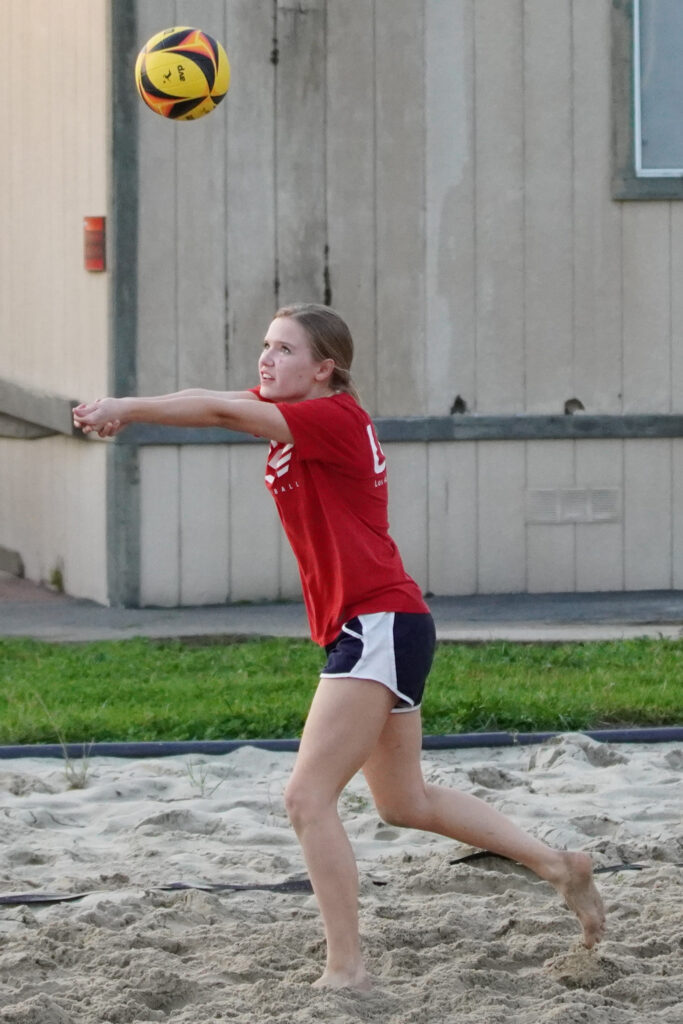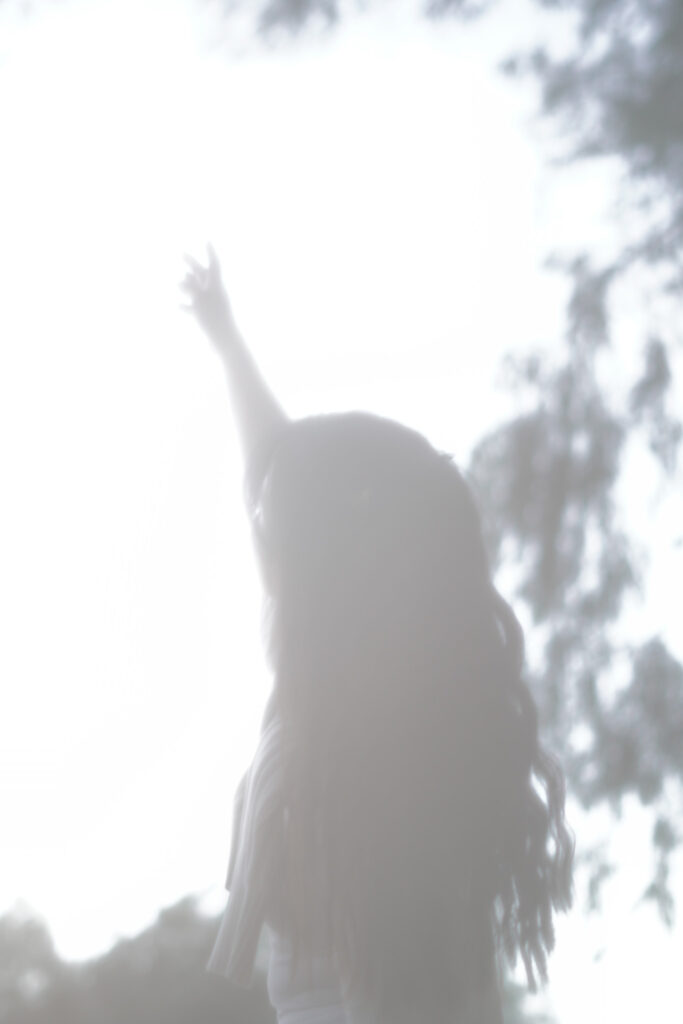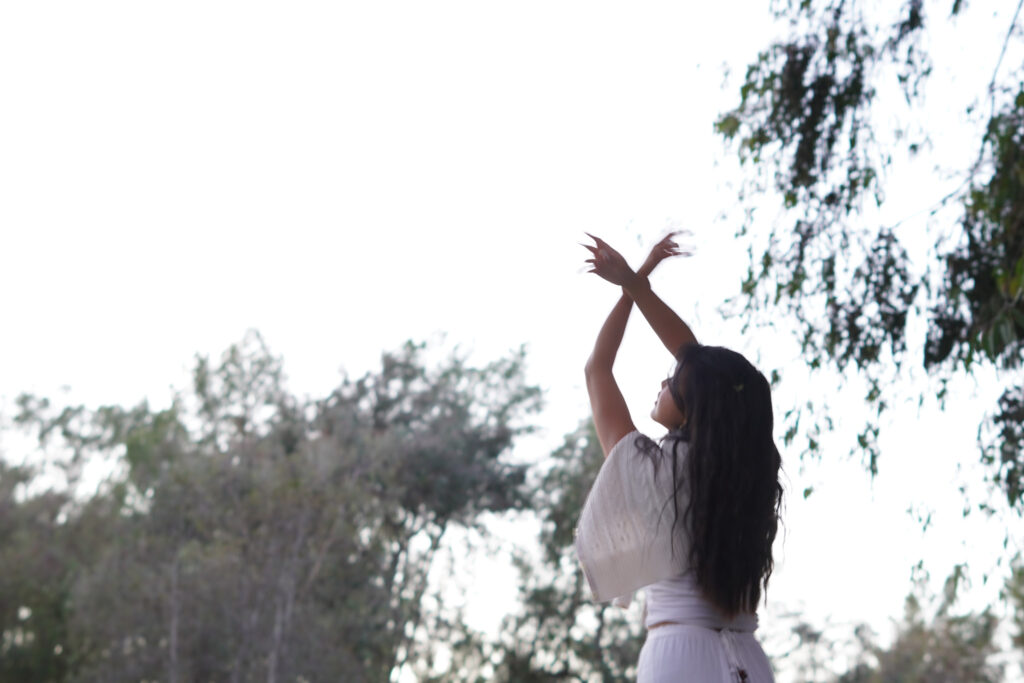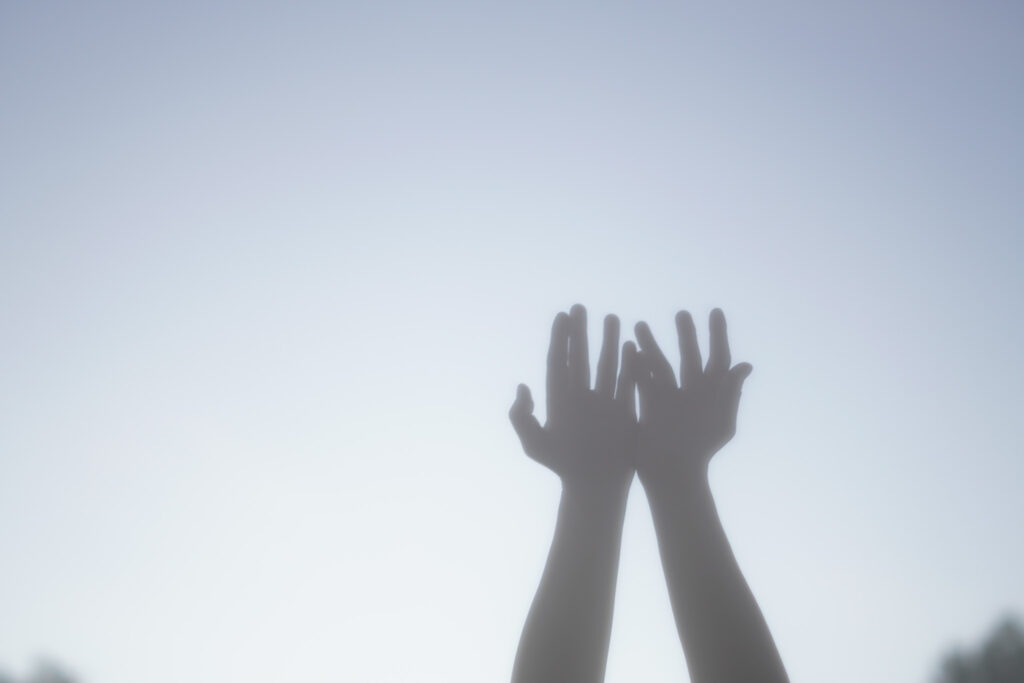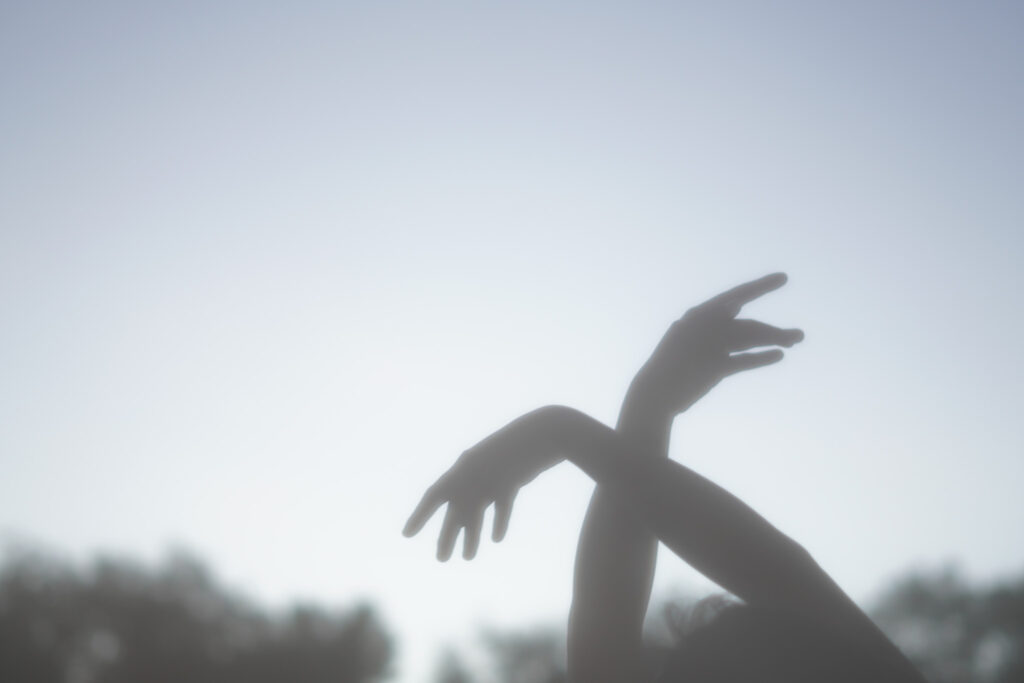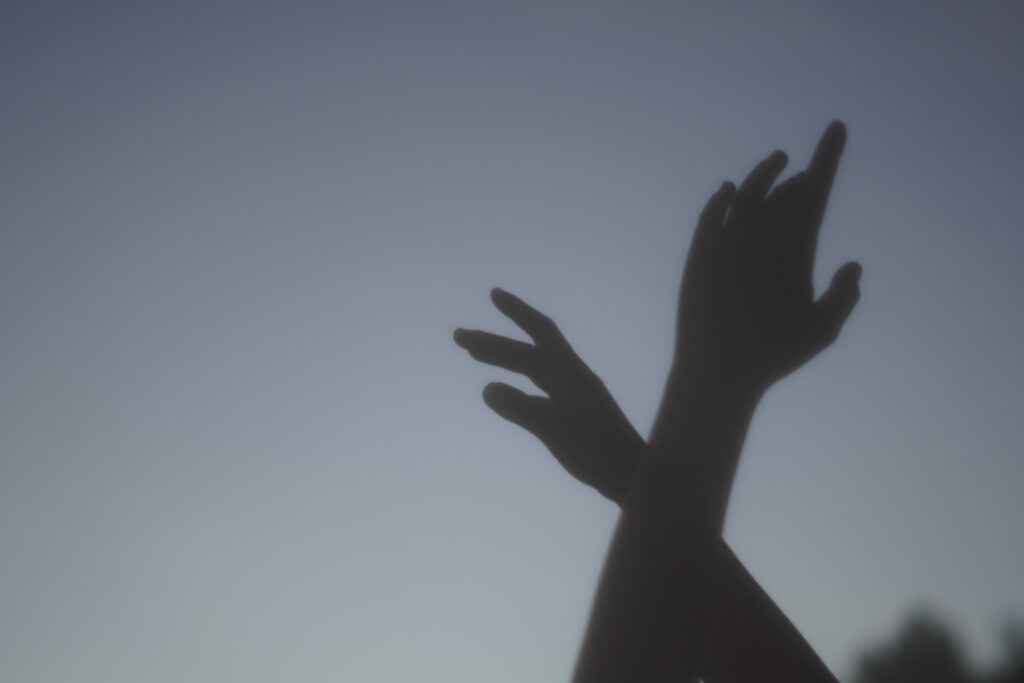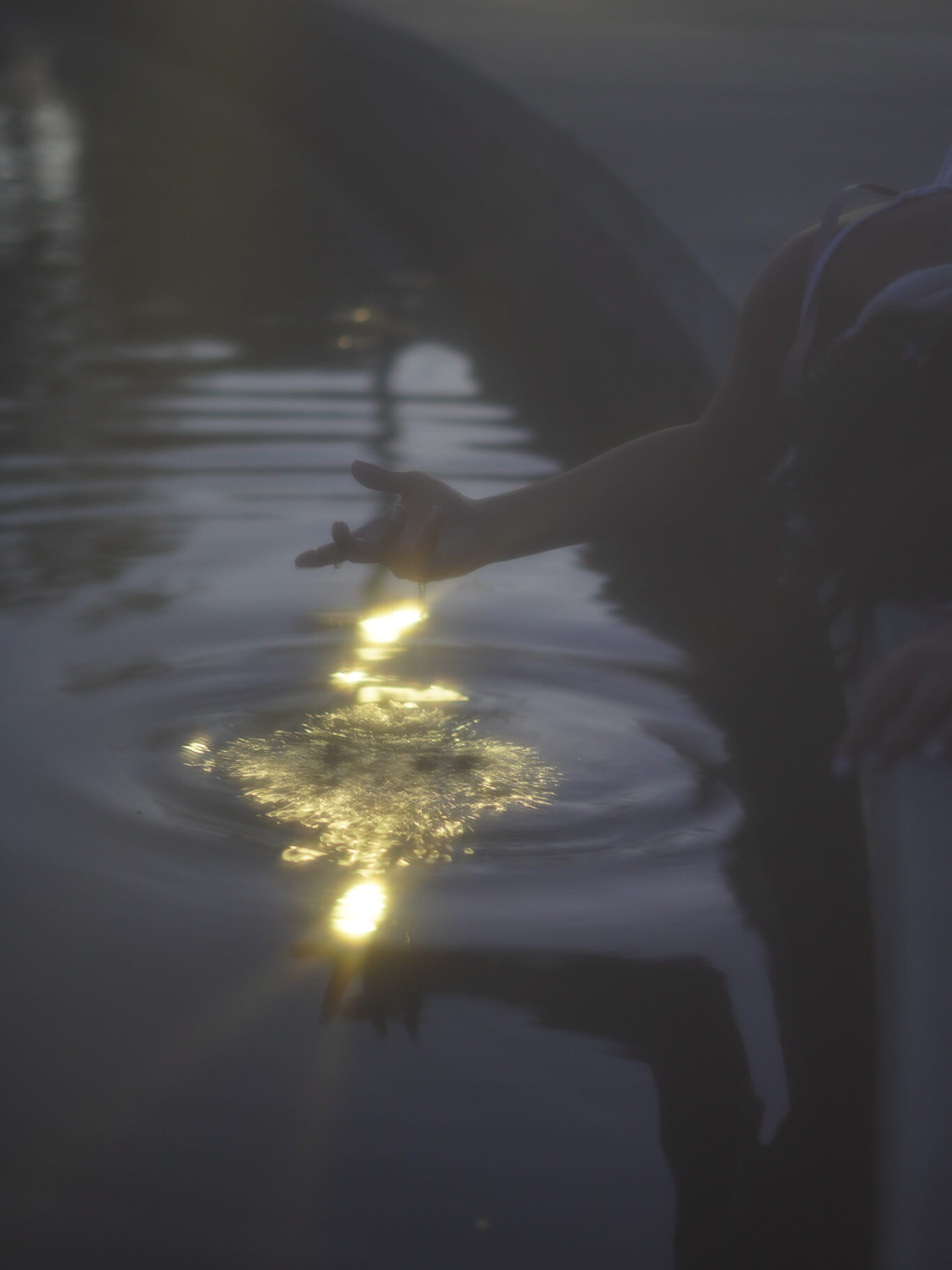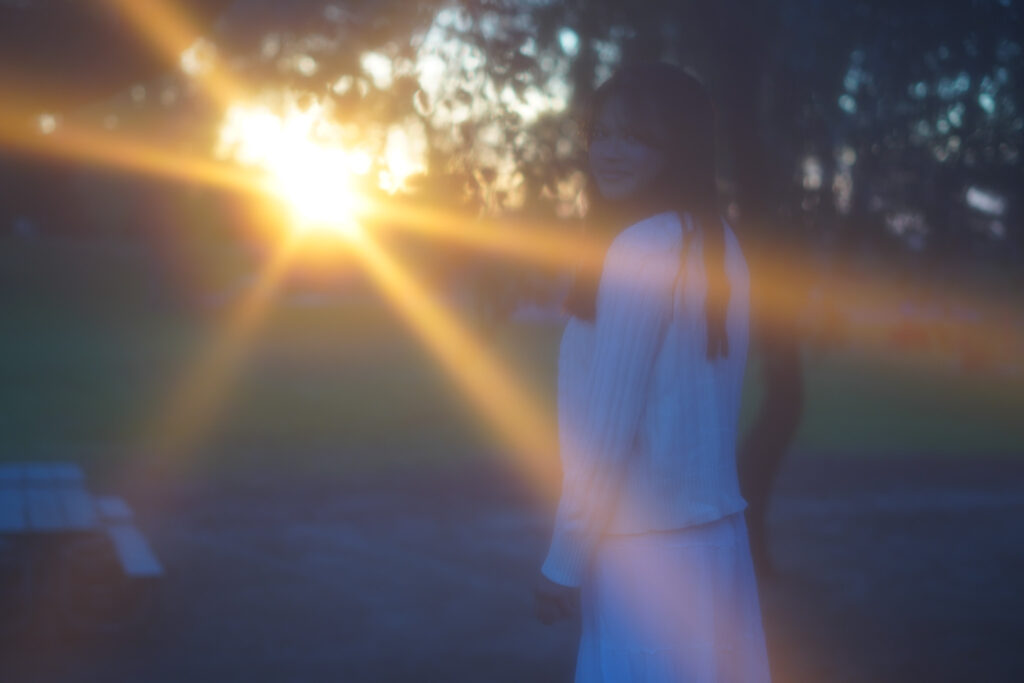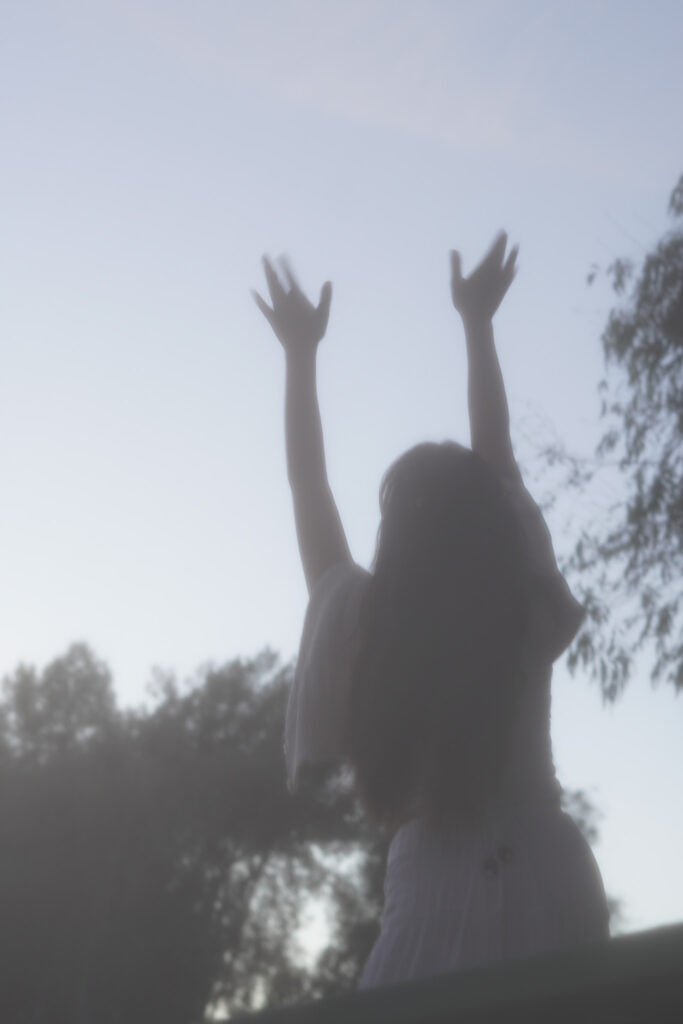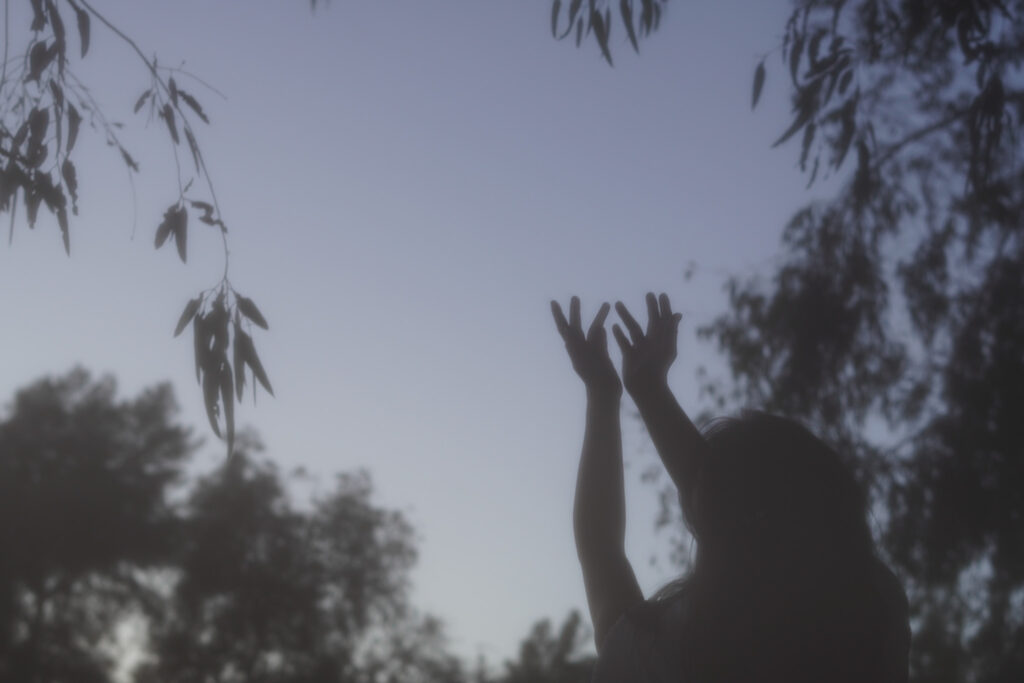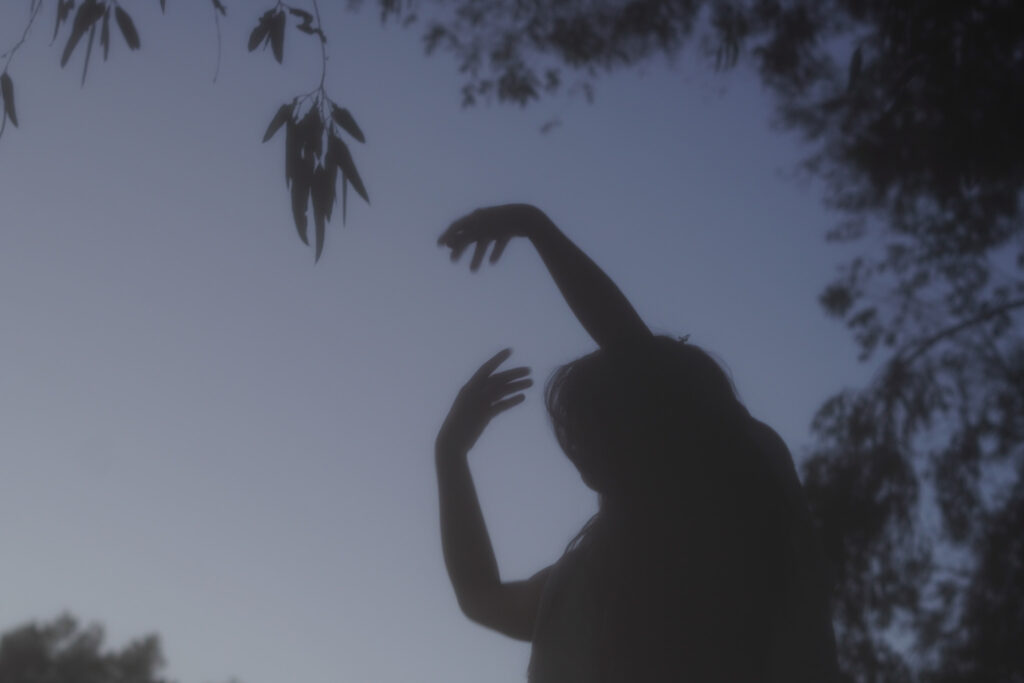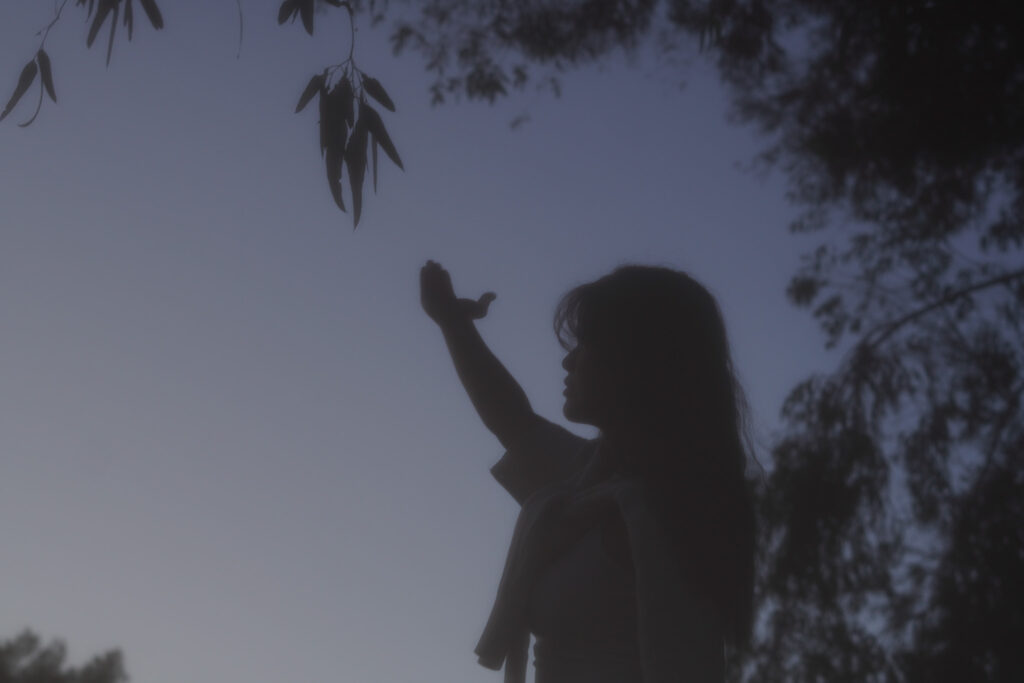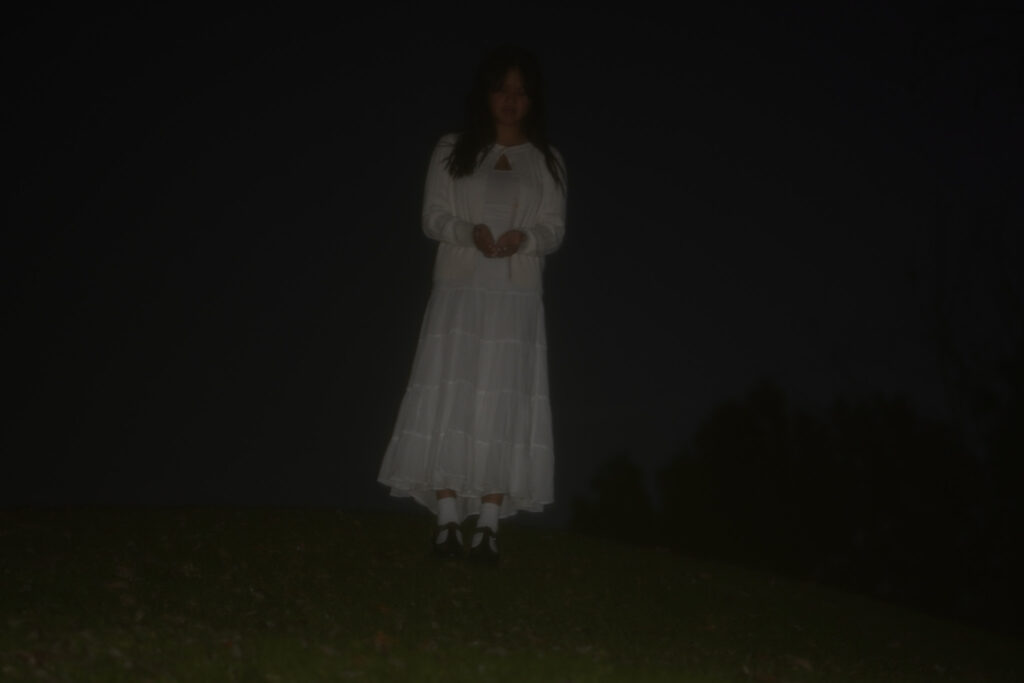When I thought of an “underappreciated” aspect of journalism, I thought about the last time I was in awe of this field, even as someone already in it.
I remembered a journalist I met at church, who shared an article she worked on at The New York Times titled “What Hundreds of Photos of Weapons Reveal About Russia’s Brutal War Strategy,” in which her team identified and researched multiple weapons Russia used in the conflict with Ukraine. This involved receiving and scouring over 1,000 photos, geolocating the photos to confirm the locations they were shot at, chronolocating to confirm the date and time they were taken, and organizing the photos, among other things.
As the team identified the weapons, they also dug into each weapon’s military history, and evaluated ones that were older and more brutal than the rest. They reminded readers of international war treaties banning such weapons, and presented balanced information regarding the treaties as well by including the U.S. in their research, not only Russia and Ukraine.
“Ukraine is one of 164 nations that have signed a 1997 treaty banning the use of antipersonnel land mines and have pledged to purge their stockpiles, while Russia has refused to join it (as has the United States),” the article reads.
In this context, I began to think of my peers, and I questioned how familiar they were with the journalistic genre of fact-checking and verification, especially of the photos and videos we see. To investigate, I took a closer look at The New York Times’ article to explain its contents in a short, vertical video format for any media consumer who may or may not be familiar with the work of fact-checking, which added to my own appreciation of the genre.
I also interviewed some of my classmates about their news intake, and whether they doubt the media they encounter. I expected their responses to circle back to social media platforms, but I was overall surprised to find that not many of my peers are exposed to the news in general. This gave me a feel for my audience of college-aged, sometimes-news consumers. Our generation tends to be more selective listeners than anything else, since we can choose which accounts to follow on our social media platforms, and what information we prefer presented to us.
After these conversations, I knew I needed to find scientific research to support my man-on-the-street hypothesis that factchecking, especially within journalism, is underappreciated yet necessary.
The oldest article I found was published in 2020, and recognized factchecking as an “accountability and preventative tool” and as an area with little research at the time. Indeed, many studies have been done since then, but that study noticed that fact-checking work is still underappreciated in “countries where there are no national institutions or regulators that can support this work.” This part remains true—not every country has a Jeff Bezos who funds their Wall Street Journal—and reveals the unrecognized need for such verification in other countries.
In America, a 2022 Gallup poll found that 38 percent of Americans surveyed have “no trust at all” in the media, compared to 34 percent who said they have a “great deal” or “fair amount” of confidence in the media. This 4 percent difference, although numerically small, represents an increasing trend of distrust, since Gallup reported that the 34 percent statistic has not changed since 2021.
We can attribute much of this phenomenon to misinformation and easy access to it via social media, since anyone can be a publisher today, and information — both true and false — can no longer be “manned by gatekeepers,” as an article from the non-profit International Media Support reports. Additionally, scientific studies have found misinformation to appear as more appealing to users than factually accurate information, on social media at least.
To combat misinformation, whether in word or image or video form, fact-checking has become a necessary and effective genre in itself to combat misinformation, and not only among journalists. A 2021 research study that conducted simultaneous experiments in Argentina, Nigeria, South Africa and the UK found that “fact-checking reduced belief in misinformation, with most effects still apparent more than two weeks later” and “across continents, fact-checks reduce belief in misinformation.”
After reading these articles, I was thoroughly convinced of fact-checking’s effectiveness, but also the necessary appreciation for it, essential for funding and supporting such behind-the-scenes verification work involved in confirming the truth. And in today’s age of AI-generated images and quick access to publishing information on the Internet, truth can be hard to find.
